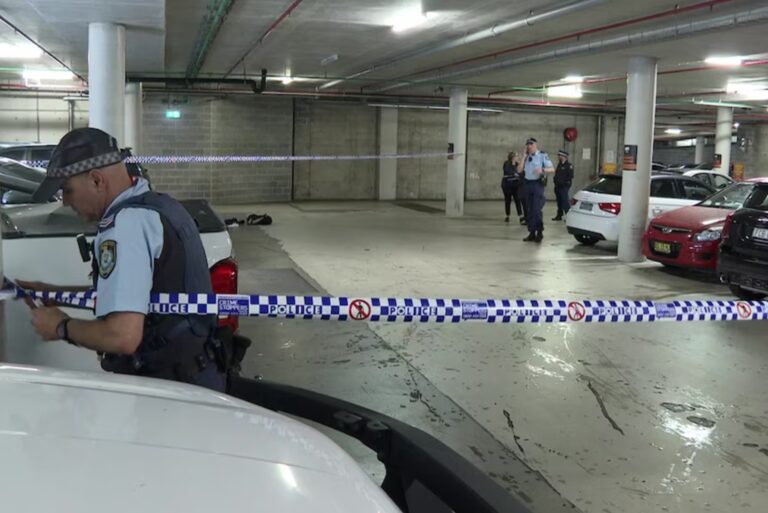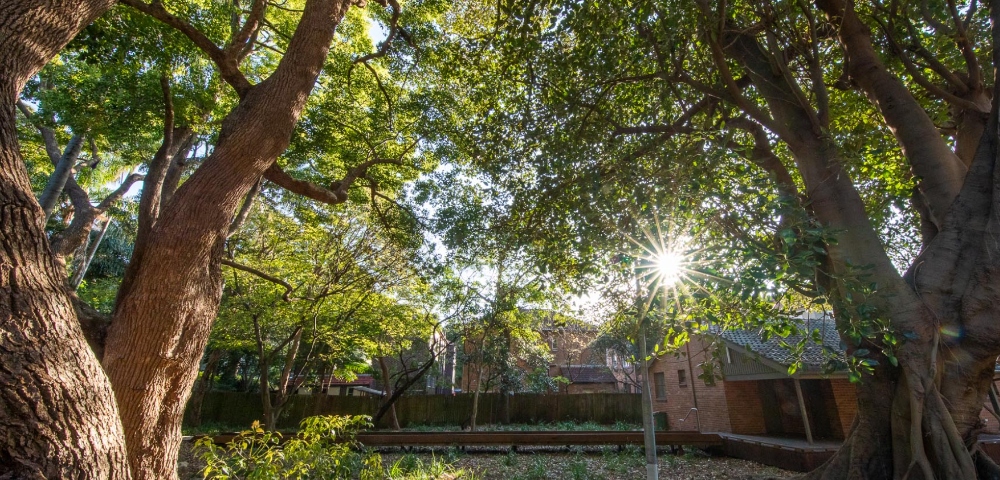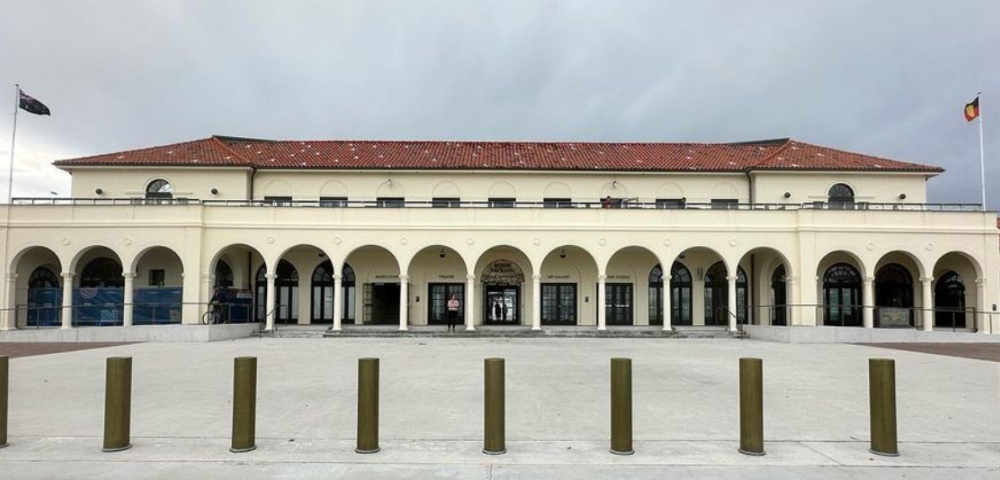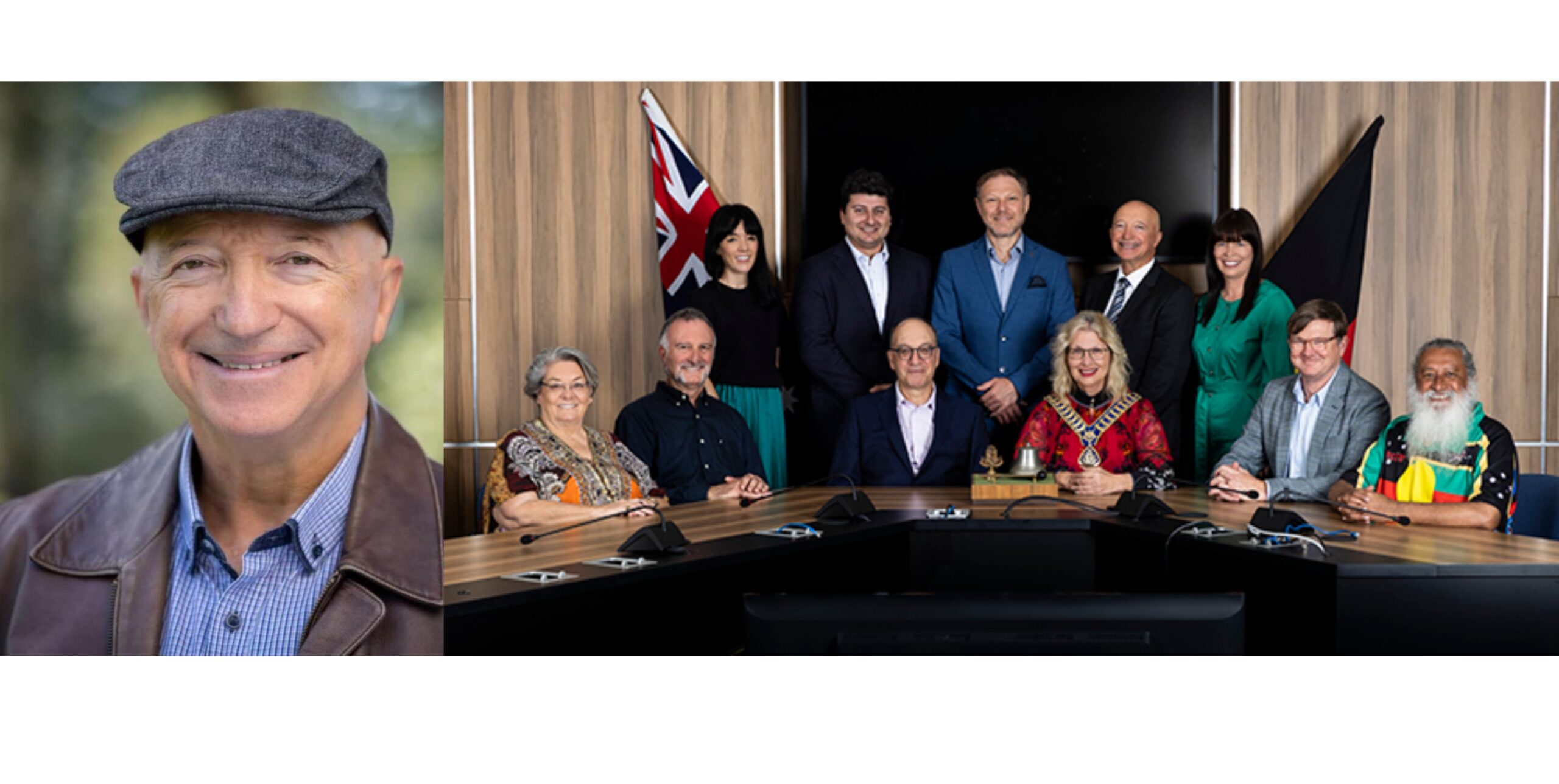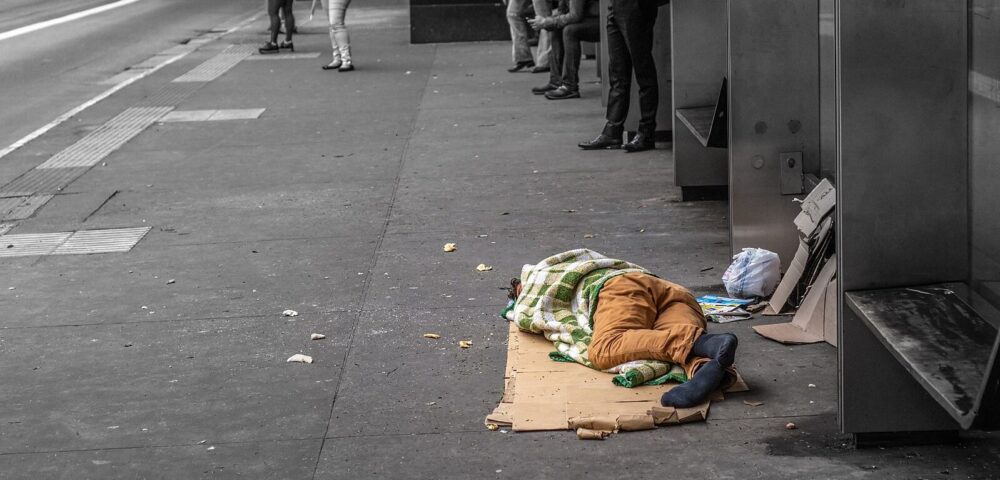
Bringing back the stars to Bondi
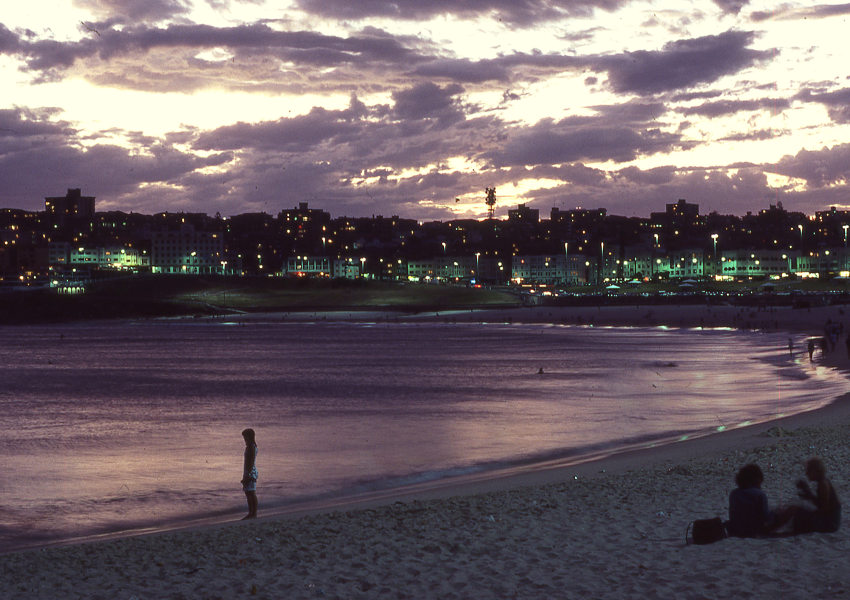
By ALLISON HORE
The stars above Bondi are set to get a whole light brighter following a motion which passed through Waverley Council last month.
With so much of Australia’s land mass uninhabited or untouched, the country has much more dark space than other parts of the world. But in Sydney, like all major cities, light pollution- the adverse effect of artificial light at night- is a big issue.
But Waverley Council is looking into ways to reduce light pollution along Sydney’s iconic coastline.
Mayor of Waverley, Paula Masselos, said council will be “looking at ways” they can reduce light pollution in both public and private spaces “to ensure that we continue to respect the natural environment and enhance form without impacting wildlife.”
Light pollution is caused by three main factors; light shining upwards and bouncing off clouds and particles in the atmosphere, direct glare and indirect reflection off surfaces. And as more people install energy efficient white-light LED light bulbs the issue is exacerbated as they emit shorter wavelengths of light in the blue spectrum.
One of the very visible impacts of light pollution is an effect called “sky glow,” this is when the skies become orange at night and stars are not visible. Around 30 percent of light produced goes up into the sky leading to the sky glow effect.
Less visible impacts of light pollution include the disruption of migratory paths of native wildlife including turtles, seabirds and moths. Blue light from LED bulbs is particularly detrimental to species such as turtles and magpies.
Finding solutions
Some of the ways light pollution can be reduced include eliminating upward spill light by direct light downwards, switching lights off when not required, using energy efficient bulbs, ensuring lights are not directed towards reflective surfaces and using warm light colours.
“Our Creative Lighting Strategy incorporates many of these measures as part of our functional and sustainable approach to lighting,” explains Mayor Masselos.
She said the next step for the council will be coming up with official policies to reduce light pollution and working with international bodies to develop best practice guidelines.
“We will now work on developing a Dark Sky Policy as well as consider joining the International Dark Sky Association and consider establishing a Dark Sky Reserve along our coastal margins and in its park,” she said.
The International Dark-Sky Association (IDA) describes themselves as “the recognised authority on light pollution and is the leading organisation combating light pollution worldwide.”
The group’s vision is to see that “the night sky, filled with stars, is celebrated and protected around the world as a shared heritage benefiting all living things.” To achieve this, they work alongside individuals, policymakers, and industry to promote responsible outdoor lighting with the aim of reducing light pollution.
More information about how this will look in practise for the Waverley council area will be released as work on the council’s Dark Sky policy progresses.
